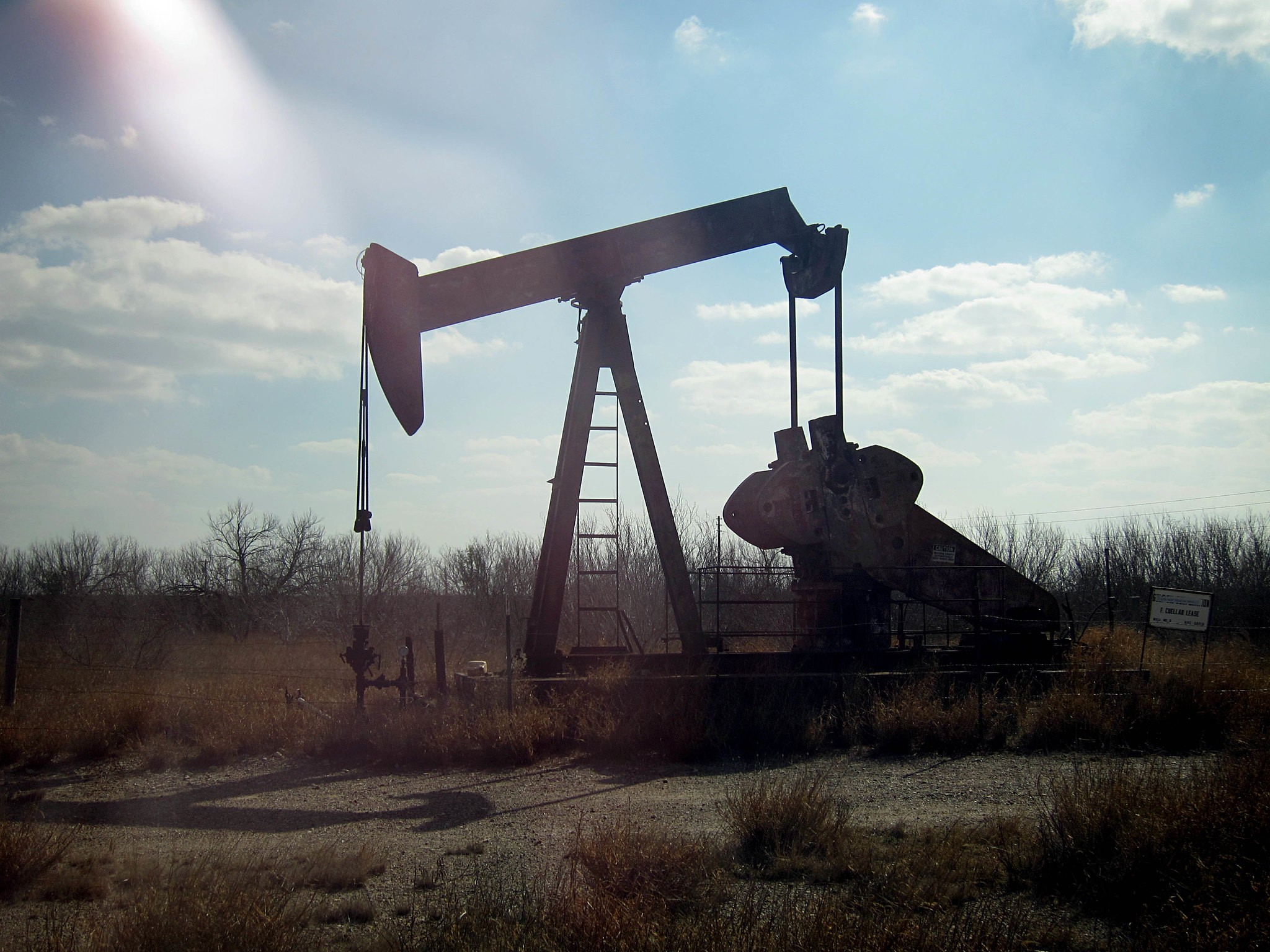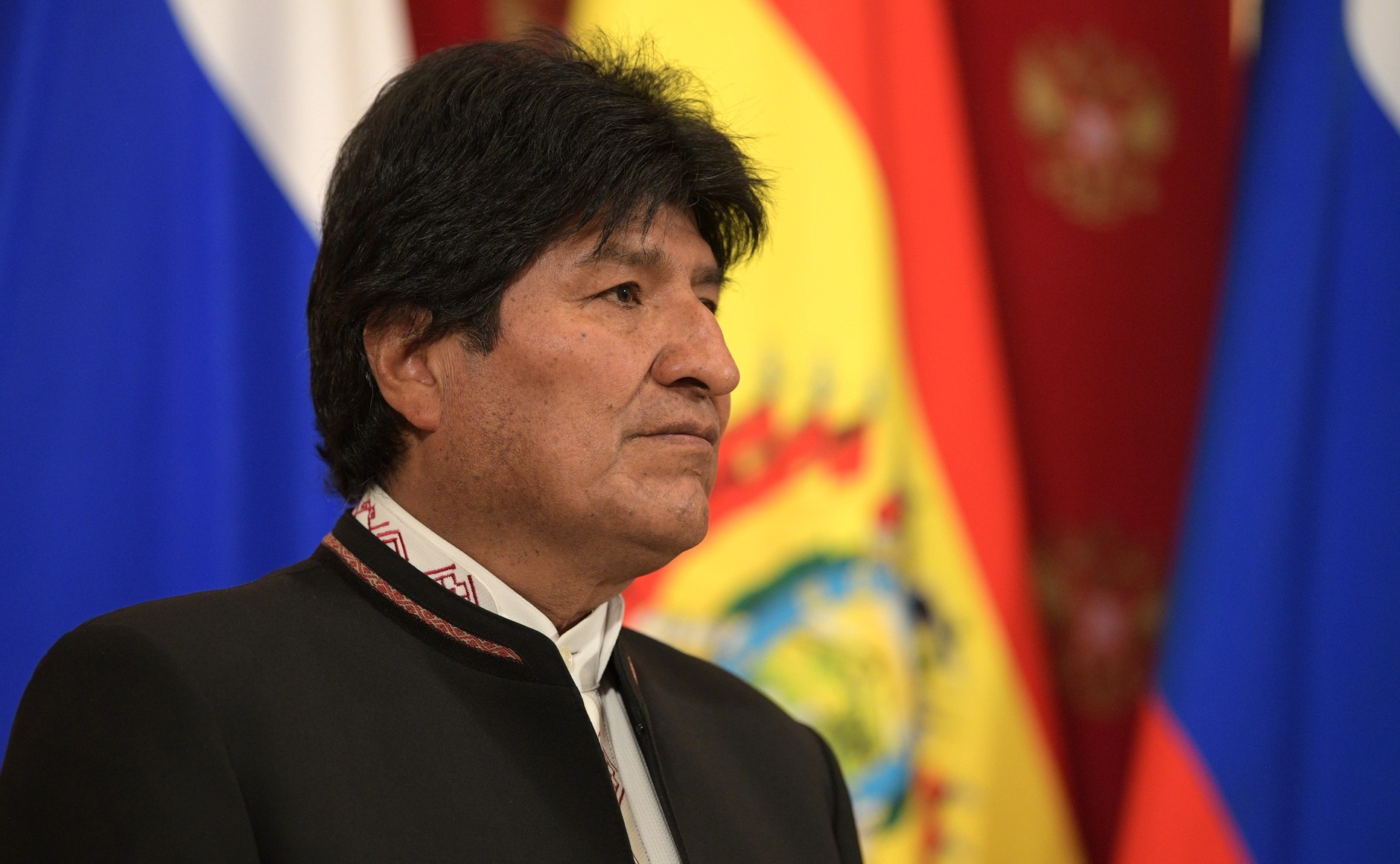The election of President Luis Arce in 2020 and the free and fair elections in subnational authorities in 2021 resolved Bolivia’s democratic crisis. However, these successful elections confirmed Bolivian society’s far-reaching social and political polarization. Ongoing clashes between Arce’s government and Santa Cruz’s regional administration pose persistent threats of political instability and conflict escalation.
Although Bolivia experienced a post-COVID-19 economic recovery, it did not reach its pre-pandemic GDP level until early 2023. Structural obstacles like stagnating social development, persistent inequalities and the large informal sector posed challenges for a rapid recovery. Monetary and fiscal deterioration question the government’s neo-developmental modernization strategy and require structural adjustments.
Arce’s government prioritizes economic growth and the consequent redistribution through several specific social policies. However, despite its initial indication of interest in fostering social and political depolarization, it has not taken substantial measures moving in this direction. Furthermore, the government has displayed a notably limited approach to conflict management.

